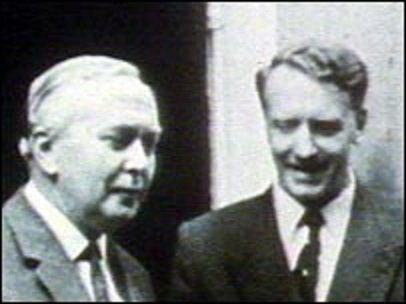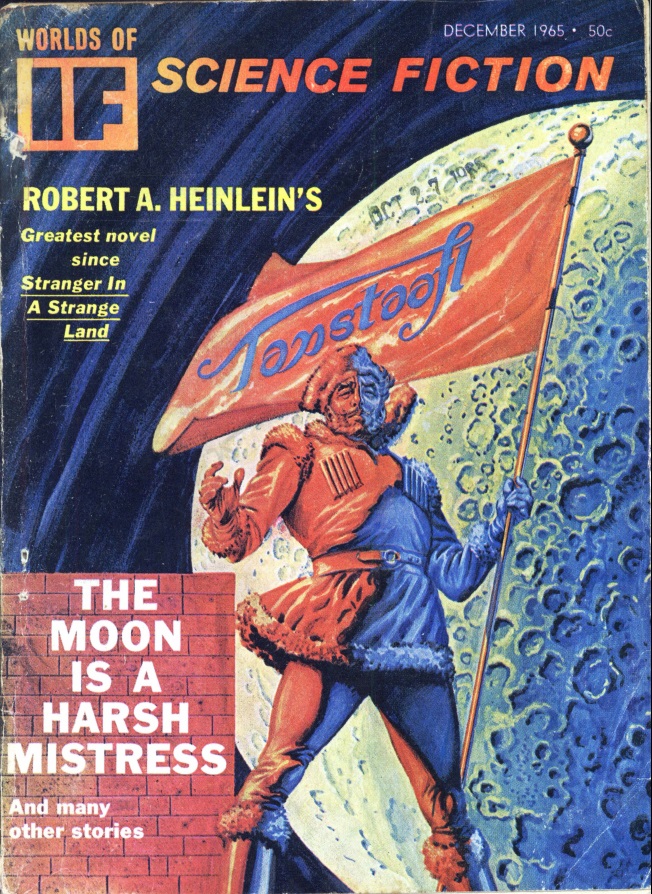
by David Levinson
Americans have an odd relationship with revolution. They’re quite proud of their own, but extremely leery of anyone else’s. But revolution seems to be the natural order of things in the 20th century. Not all of them have been violent, nor have all of them been political. And no doubt we will see many more – political, scientific, economic, social and even sexual – before the decade, let alone the century is out.
Revolution turned upside-down
Since the end of the War, the major colonial powers of the 19th century have been gradually handing over control of their colonies to the native people. It hasn’t always been voluntary, nor has it always been smooth. But the British seem to be doing better than the others at handing over power. Most transitions have gone smoothly, though not perfectly. Until now.
Negotiations have been ongoing with Rhodesia since last year. The sticking point has been an improvement in the status of Black Rhodesians and an end to racial discrimination, insisted on by the United Kingdom. The white Rhodesian government led by Prime Minister Ian Smith is vigorously opposed the idea of equality for Blacks.
Talks broke down on October 8th over the issue of majority rule. With rumors circulating that Rhodesia will declare independence, the U. N. General Assembly voted 107-2 to call on the United Kingdom to use military force to prevent such an event. Ten days later, the Organization of African Unity passed a similar declaration. British Prime Minister Harold Wilson has gone to Rhodesia to continue negotiations, apparently without success. On the 30th, Wilson gave a press conference before returning home in which he stated that a unilateral declaration of independence would be treason, but that the United Kingdom would rely on trade sanctions and ruled out the use of military force against “kith and kin”. A peaceful resolution does not seem to be at hand.

Harold Wilson (l.) and Ian Smith (r.)
Revolutions start to finish
Americans may not like the idea of revolution in the real world, but as part of their national mythology it turns up frequently in fiction. This month’s IF is filled with revolution, both political and otherwise.

There’s no clue what this odd revolutionary slogan means. Fred Pohl promises an answer next month. Art by Morrow
Continue reading [November 2, 1965] Revolution! (December 1965 IF)

![[November 2, 1965] Revolution! (December 1965 <i>IF</i>)](https://galacticjourney.org/wp-content/uploads/2020/10/IF-1965-12-Cover-652x372.jpg)
![[July 2, 1965] Gallimaufry (August 1965 <i>IF</i>)](https://galacticjourney.org/wp-content/uploads/2020/06/IF-cover-1965-08-649x372.jpg)



